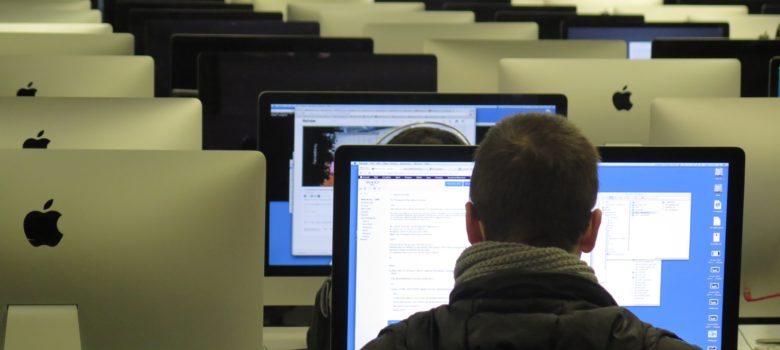Seeking to debunk many of the misleading claims on the state of Canadian copyright, fair dealing and education, I’m grateful that InfoJustice.org has published my post on the myths and realities of the current situation. The post relies on actual data presented at the recent copyright review to demonstrate how the Canadian market has experienced increased spending on licensing, e-book licensing has been a central part of the education licensing strategy, and educational institutions are paying for licences even when they retain collective licences.
The introduction notes:
Schools and universities are shifting to the use of digital resources – including to online E-reserves, E-Books and other forms of digital distribution. Collective (blanket) licensing, which for years has charged schools for making analogue reproductions of excerpts of printed works for use in printed course packs has declined in value and usefulness as education invests in digital licensing that offers enhanced access and reproduction rights. To facilitate the shift that benefits all stakeholders, legal rules must reflect emerging practices in which blanket licences compete in the market with alternative licensing models. One answer, represented by Canada, is a mix of broader copyright exceptions for the use of excerpts for educational purposes combined with a shift in educational spending toward buying and licensing more digital works and digital uses of works. The result is that educational spending on licensing in Canada has increased with exceptions and licences co-existing in a manner that provides appropriate compensation for authors and publishers alongside increased access and flexibility for educational uses.
The full post can be found here.








Pingback: News of the Week; May 1, 2019 – Communications Law at Allard Hall